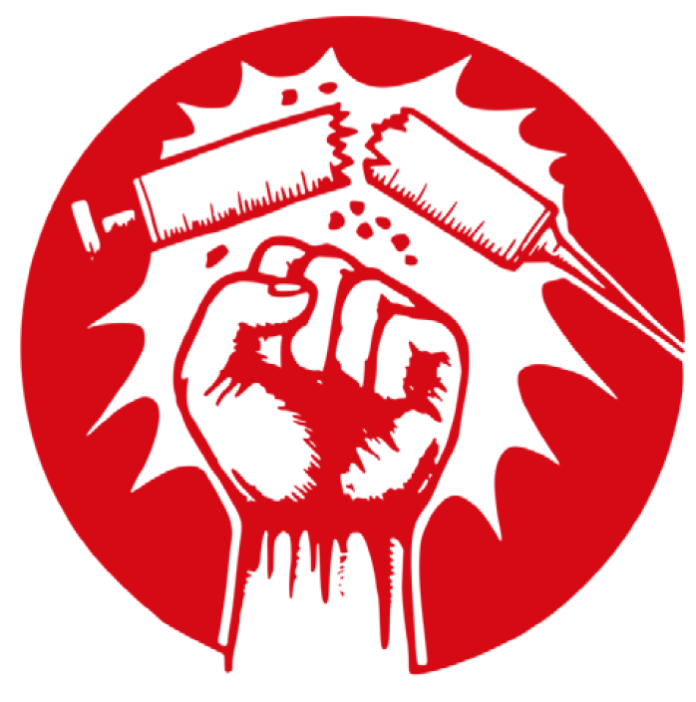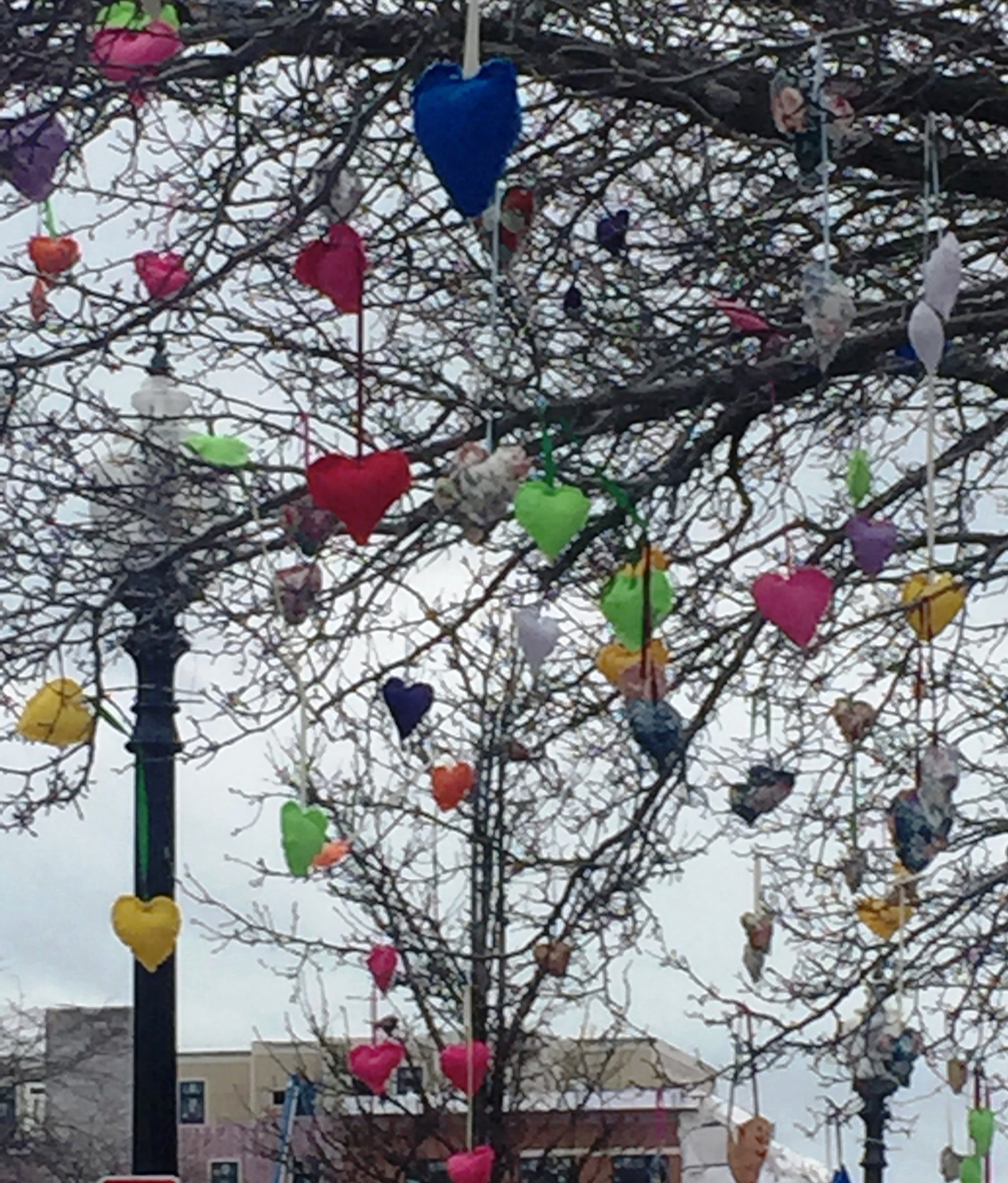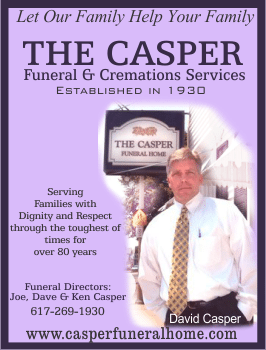South Boston has lost several of our young men and women in recent months to drug overdose, mostly accidental. This has raised concern about the power of the altered and fentanyl-laced opioids that places like the Gavin House, our police and courts find it so hard to stay ahead of.
Beyond the street culture that is evident along Massachusetts Avenue outside of Andrew Square, the opioid epidemic that has ravaged so many communities and killed thousands has also had a “severe” impact on Massachusetts businesses, costing $2.5 billion a year in absenteeism and lost productivity, a new report has found.
The Massachusetts Taxpayers Foundation report said that on top of the $2.5 billion in lost productivity each year, businesses have also had to take on the excess health care costs related to opioid usage, estimated to exceed $2 billion. In an already tight labor market in the Bay State, the opioid epidemic has made it even harder to find workers to fill jobs as businesses try to expand, MTF said.
“The tens of thousands more prime age people lost to the workforce due to the opioid crisis is yet another stiff headwind that businesses must overcome in order to expand and prosper,” the group wrote in its report. MTF said it conducted the research on how the opioid crisis has affected businesses, in part, to encourage business leaders to become more involved in combating the problem.
Through the first six months of 2018, there were 657 confirmed opioid-related overdose deaths in Massachusetts, and the Department of Public Health estimates that an additional 322 to 396 deaths will be confirmed as opioid-related overdose deaths. Fresh data is due later this month from DPH.
Overall, opioid deaths fell from 2,154 in 2016 to 2,071 in 2017 — a 4 percent decrease — but the DPH data released in August logged a new high in the prevalence of fentanyl. In the first quarter of 2018, fentanyl was found in 89 percent of opioid-related overdose deaths, where a toxicology screen occurred, up from about 40 percent in 2014.
The new and growing phenomenon of vapes, marijuana dispensaries, smoke shops and the like are taking the market by both storm and surprise. King Smoke Shop has opened up at 600 Broadway. There are several King Smoke Shop locations in the Boston area including Roslindale, West Roxbury, Dorchester and Jamaica Plain. Their products range from cigarettes, cigars, Juul pods, vape MODS, rolling papers, and electronic cigarettes.
How do the recovery, healthcare, law enforcement professionals and the families, who have either no clue or no affordable resources, cope with the bottomless and sophisticated drug business, both legal and illegal?













